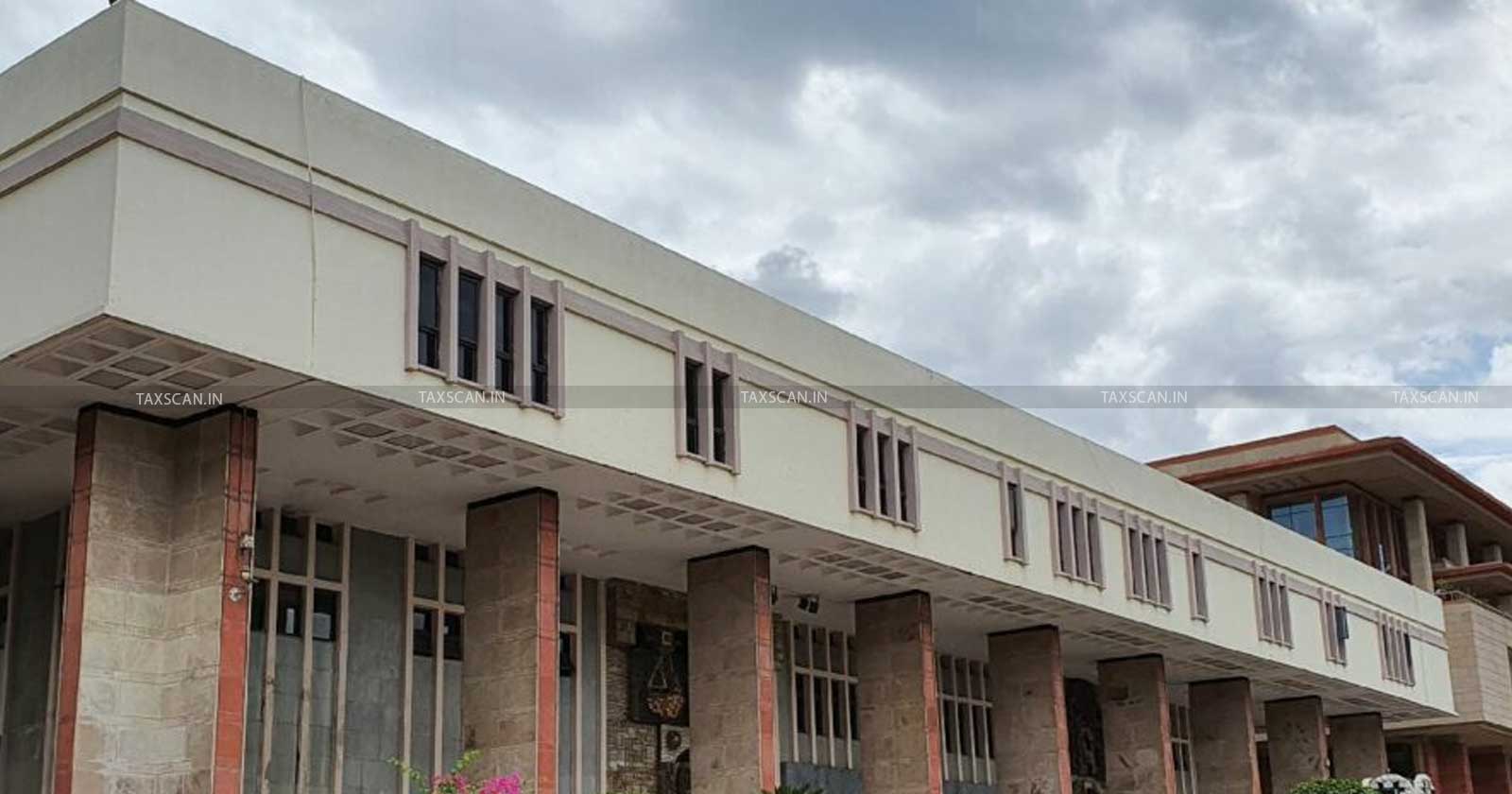No Income Tax Reassessment on Incidental or Tangential Findings w/out fulfilling S.150 conditions: Delhi HC
The Delhi High Court referred to precedential decisions of the Supreme Court to construe the meaning of ‘finding’ and ‘direction’ under the Income Tax Act, 1961

A Division Bench of the Delhi High Court recently held that no income tax reassessment may be initiated on the basis of mere ‘incidental’ or ‘tangential’ findings without the fulfilment of due conditions stipulated by Section 150 of the Income Tax Act, 1961.
The Decision was given in an Income Tax Appeal filed by the Revenue, impugning the order of the Income Tax Appellate Tribunal (ITAT) in a matter pertaining to the financials of the Respondent-Assessee for the Assessment Year (A.Y.) 2007-08.
A search and seizure operation was conducted at Capital Meter Group on 26.06.2006. Post the search proceedings, Pawan Kumar Bansal, CEO of the Respondent Capital Power Systems Ltd. submitted a letter disclosing and surrendering an income of Rs.7 Crores while only Rs.20 Lakhs had been disclosed in their income tax returns during the relevant Assessment Year.
Comprehensive Guide of Law and Procedure for Filing of Income Tax Appeals, Click Here
The Assessee later filed their Returns for A.Y. 2007-08 declaring an income Rs.80,53,110 which was accepted by the Revenue.
The Revenue reopened the assessment in November 2015 by issuing a notice under Section 148 of the Income Tax Act, proposing to reassess the income for the Assessment Year 2007-08 on the basis of a 2014 ITAT Order and 2015 Ruling by the Delhi High Court. Both the Orders observed the lack of conclusive findings attributing the disputed income to Capital Power Systems Ltd.
Despite the rulings, the Revenue interpreted the observations in these orders as grounds for reassessment under Section 150. The Delhi High Court observed that the principal question of law to be answered was “Whether the learned ITAT has erred in proceeding on the basis that conditions set out in Section 150 of the Act were not satisfied?”
Ruchir Bhatia, Senior Standing Counsel appearing for the Revenue highlighted that the ITAT abstained from considering that the disclosure of Rs.7 Crores undisclosed income had been issued on behalf of the Respondent company and not by Pawan Kumar Bansal in his personal capacity, thereby warranting reassessment proceedings under Section 150 of the Income Tax Act, 1961.
Meanwhile, Inder Paul Bansal, Vivek Bansal, Vishal Chechi and Pooja Rani appearing for the Assessee disputed the contentions of the Revenue.
Acting Chief Justice Vibhu Bakhru and Justice Swarana Kanta Sharma observed that both the earlier ITAT and High Court orders had merely discussed the surrender of income without conclusively attributing it to Capital Power Systems Ltd.
Referencing multiple Supreme Court decisions, the Bench held that Section 150 of the Income Tax Act, 1961 requires strict and cautious application for invocation and may not be done on the basis of findings or directions that are only incidental, tangential, or beyond statutory authority.
Observing no infirmity in the ITAT order, the Bench proceeded to dismiss the appeal, answering in favour of the Assessee.
To Read the full text of the Order CLICK HERE
Support our journalism by subscribing to Taxscan premium. Follow us on Telegram for quick updates
THE PR. COMMISSIONER OF INCOME TAX VS CAPITAL POWER SYSTEMS LTD. , 2025 TAXSCAN (HC) 118 , ITA 501/2024 , 13 DECEMBER 2024 , Ruchir Bhatia , Inder Paul Bansal, Vivek Bansal, Vishal Chechi, Pooja Rani

